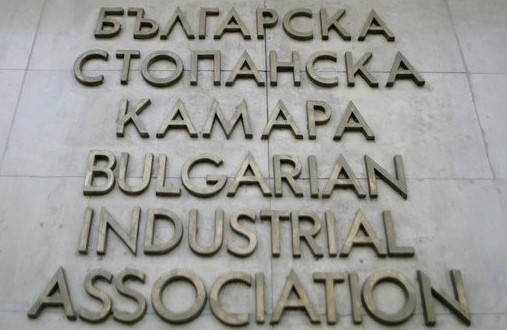BIA OPINION ON A PROJECT OF DECREE OF THE COUNCIL OF MINISTERS ABOUT THE NEW MINIMUM WAGE FOR 2017
The BIA has sent to the Minister of Labour and Social Policy Mrs. Zornitsa Roussinova its opinion on the Project of Decree of the Council of Ministers about the new minimum wage for 2017 in Bulgaria.
The BIA supports the repealing of Decree of the Council of Ministers № 372 of 2016 for a new minimum wage of BGN 460 for 2017. This act is accepted as a confirmation of the necessity of a restitution of the normal social dialogue on a national level rather than a formal step towards adhering to the conditions stated in Art. 3 of the Labour code for discussion in the National Council for Tripartite Cooperation (NCTC) of all projects of legal acts of the Council of Ministers affecting work and insurance relations and standard of living.
The BIA also reminds that in the end of last year in the NCTC the discussion on some exceptionally important changes in the labour legislation was diverted – for example, the introduced in contrary to the Constitution compensation with an additional non-working day for such cases, when a national holiday is on a Saturday or Sunday as well as the afore-mentioned Decree on the minimum wage for 2017.
Hereby we are explicitly objecting to the proposal for a rise of the minimum wage for 2017 to BGN 460 (9,5% rise on a yearly basis) as far as:
- In April 2016 a proposal of the BIA was diverted to discuss the three-year macroeconomic and budget framework in which this rise was set.
- The preparation of a mechanism, factors and indicators for determination of the minimum wage, based on objective criteria and actual data, was unduly delayed despite the reached on an earlier stage consensus for applying the principles of Convention 131 of the ILO. Thus for another year the measures of the National Reform Programme and the Specific Recommendation № 3 of the European Commission are not implemented.
- The attempt to carry out an impact assessment is to a significant extent shallow and does not give an idea of the negative effects on employment of low-skilled workforce and other disadvantaged groups on the labour market, on economically depressive regions, on decreasing the correlation of wages between high and low-skilled employees and many more.
- The provided rise does not correspond to the poverty line extension in 2017 of 4,7%, to the exceptionally low rise of labour productivity and employment rate and to the dynamics of the average wage in the past years as seen on the chart.
The BIA expresses its satisfaction with the initiation of changes in Regulation №5 of the Ministry of Labour and Social Policy from 2003 for implementation of a Unified Classifier of the Administrative-Territorial and Territorial Units code (UCATTU code) in the notifications for concluded employment contracts, which the BIA suggests repeatedly since 2011.
The BIA suggests also to reduce the time limit of the notification from 30.10.2017 to 30.06.2017, which would allow earlier data introduction for localization of job positions and other characteristics of individual employment contracts, including implementation by the end of the year of a new mechanism for determination of the minimum wage based on objective criteria and up-to-date information.






